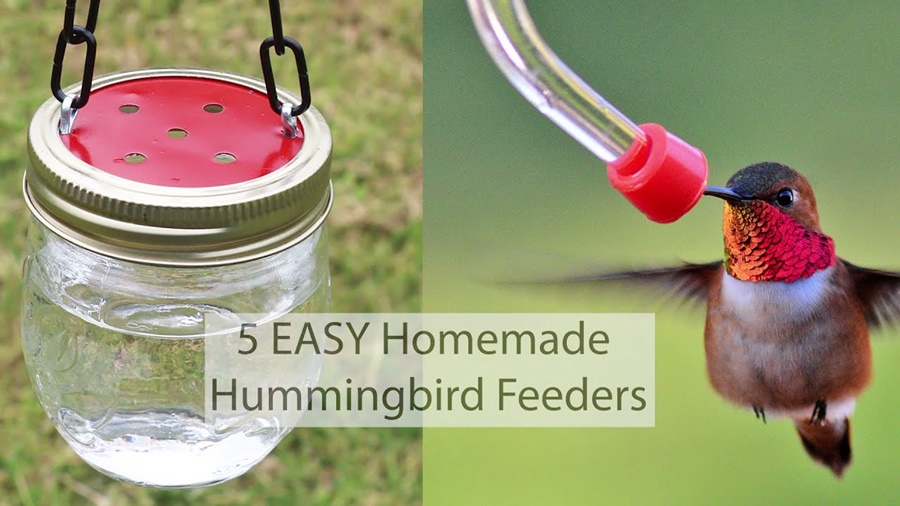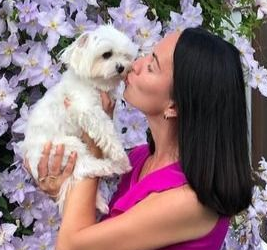Hummingbirds are fascinating, energetic birds that love to visit gardens with nectar feeders. While store-bought nectar is available, making your own at home is easy, affordable, and safer free of dyes and preservatives. In this guide, you'll learn everything you need to know to make homemade hummingbird nectar correctly.
Why Make Your Own Hummingbird Nectar?
Homemade nectar has several advantages:
- Safe Ingredients: No dyes or harmful additives.
- Cost-Effective: Uses only sugar and water.
- Easy to Make: Only takes a few minutes.
- Encourages Natural Feeding: Mimics real flower nectar.
Ingredients You'll Need
You only need two basic ingredients:
- Granulated white sugar (do not use raw, organic, brown, or powdered sugar)
- Water (tap or filtered)
Recommended Sugar-to-Water Ratio
The standard ratio for homemade nectar is:
1 part sugar to 4 parts water
This closely mimics the natural sugar content found in flower nectar and is ideal for the birds.
Step-by-Step Instructions
1. Measure Ingredients
For a small batch:
- 1 cup water
- 1/4 cup white sugar
You can scale up the recipe as needed, keeping the same 1:4 ratio.
2. Heat the Water (Optional)
You can warm the water slightly to help the sugar dissolve faster. Boiling is not necessary unless you’re storing the nectar for more than a few days..
3. Mix Until Sugar Dissolves
Stir the sugar into the water until it's completely dissolved. The mixture should be clear with no visible sugar crystals.
4. Cool Completely
Allow the nectar to cool to room temperature before filling your feeder. Hot nectar can harm hummingbirds or damage your feeder.
5. Fill the Feeder
Pour the cooled nectar into a clean hummingbird feeder. Avoid overfilling, especially if you're in a warm climate where nectar spoils quickly.
How to Store Extra Nectar
If you make extra nectar, store it in a covered container in the refrigerator for up to 1 week. Label the container with the date it was made to keep track of freshness.
Cleaning Your Feeder
To keep hummingbirds healthy, clean your feeder every 2–3 days, or daily in hot weather. Use warm water and a brush—avoid soap or bleach unless you're rinsing very thoroughly.
Should You Add Red Dye?
No. Red dye is unnecessary and potentially harmful. Most feeders already have red parts that attract hummingbirds. Stick to clear nectar for safety.
Signs Nectar Has Gone Bad
Spoiled nectar can make birds sick. Look for:
- Cloudy or murky liquid
- Mold or black spots
- Sour smell
If any of these signs are present, clean the feeder and replace the nectar immediately.
Final Tips for Attracting Hummingbirds
- Use red feeders to draw attention
- Place feeders near flowering plants
- Avoid pesticides in your yard
- Provide perches and shelter nearby
Conclusion
Making homemade hummingbird nectar is simple, safe, and a great way to enjoy these amazing birds in your own backyard. With just sugar and water, you can provide a healthy food source that keeps hummingbirds coming back all season long.


